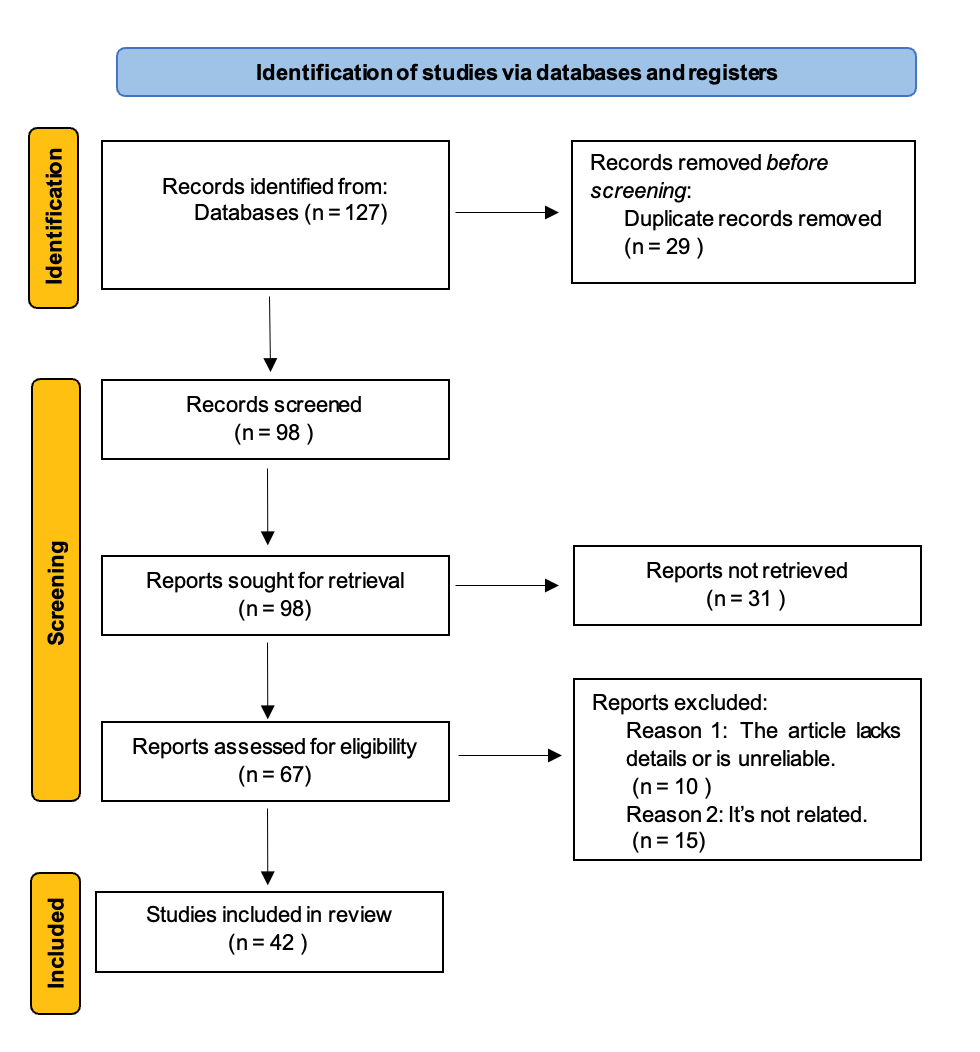Trends in Professional Development Programs for Teachers in Computational Thinking: A Systematic Literature Review
Main Article Content
Abstract
This study presents a systematic literature review of 127 research articles on teacher professional development (TPD) in computational thinking (CT). Articles were identified and screened following Petticrew and Roberts (2008) and mapped to the programming-instruction typology of Espinal et al. (2024), yielding 42 studies for in-depth analysis. The review examines trends in learning outcomes and technologies used in CT-focused TPD programs, integrating five conceptual frameworks: TPACK (Mishra & Koehler, 2006), Bloom’s Revised Taxonomy (Armstrong, 2010), the Computational Thinking in Mathematics and Science taxonomy (Weintrop, 2016), the ICAP framework (Chi, 2009), and programming-instruction models (Espinal et al., 2024). The findings reveal four key dimensions. (1) Within TPACK, 65% of studies emphasized pedagogical content knowledge (PCK), 19% focused on technological content knowledge (TCK), and 16% on content knowledge (CK) specific to CT. (2) By Bloom’s Revised Taxonomy, 43% emphasized understanding, followed by applying (31%), analyzing (14%), creating (7%), and evaluating (5%). (3) Using the Computational Thinking in Mathematics and Science taxonomy, 52% addressed computational problem solving, 21% data practices, 17% systems thinking, and 10% modeling and simulation. (4) Regarding programming-instruction models by level of learner engagement, 48% employed unplugged activities (36% constructive; 12% interactive), 33% used block-based programming (21% constructive; 12% interactive), and 19% used text-based programming (14% constructive; 5% interactive).


